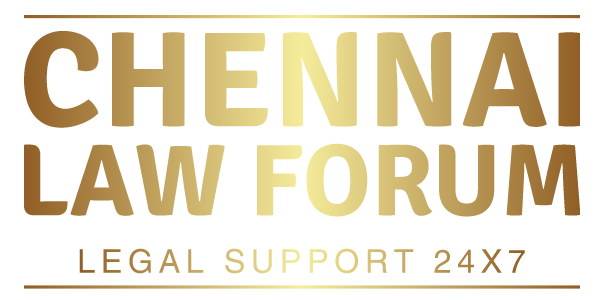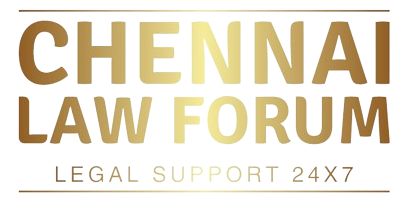Trademark Objection and Intellectual Property Litigation
Trademarks can be objected to for a variety of reasons. Aside from the usual objections to Trademark misuse, objections can be raised on the basis of deceptiveness, false claims, and trademark infringement.
A trademark can be a big deal if it is used to confuse the public. If it is similar to other popular trademarks, it can create a lot of confusion.
A trademark is a great way to establish a brand name and differentiate your product from other services. However, it is also important to maintain its integrity. In order to do so, you can file a cancellation petition with the Trademarks Registrar. The Registrar will assess whether the mark in question is a clear violation of the rules, and can grant an extension in the event of a good-faith effort by the owner.
Objections can be filed by the applicant, by a third party, or a combination of both. Typically, an examiner will look at an application in about three to six months. During this time, he or she will check the accuracy of the details. They will ask for clarifications, and may even ask you to provide evidence for your claim.
For example, you might be asked to show how your trademark differs from others. Or, you might be required to explain why you have a bona fide interest in trademarks.
Usually, you will be able to save yourself a lot of trouble if you can reply to the trademark examining authority’s question in the most concise way possible. This is why you should be wary of any form of false equivocation.

